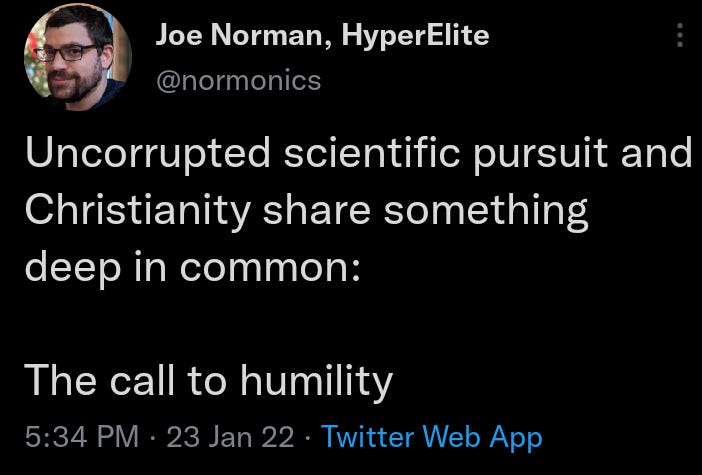MONDAY MAP
Hello reader, welcome to this week’s edition of Monday Map. A quick recap from the last Monday Map includes the side effects of hookup culture, what unintended consequences are, and how unintended consequences may bring immense benefits. I depicted a clear example of that with the laser. The laser was a toy (for Charles Townes) that ended up changing the world. I hope you found it amazing, and that today will be insightful as well.
I will keep today’s topics short and simple. But a warning: in case you have just joined Busyminds, expect to find things that you have never known because this is me pursuing my curiosity. Don’t forget to subscribe and join this curious community.
WHY I DON’T RECOMMEND BOOKS
A friend asked me one fateful day to recommend a book for him to begin his dilettante’s journey with philosophy. It was a question I never expected anyone to ask me. I was flattered. But interestingly, I could not think of one book to recommend. Was I out of ideas for books? No. Was I being wicked? No. Was it difficult to answer? Yes.
Eventually, I recovered from the shock and politely confessed that I could not recommend a book. And the reason was simple: I didn’t know the question he was asking.
Every curious person has a question. And by a ‘question’ I mean that there is a topic or concept that excites you more than any other. That question is the basis of your curiosity and wonder. Unless I know that question, my book recommendations are useless to you. Any attempt for me to recommend books is an attempt to influence the answer to your questions directly or indirectly. So, I desist from recommending books.
I am not saying recommending books is bad. I am saying that I don’t recommend books just on the basis that I enjoyed it. I may mention it in passing, but I do not expect you to read it if you won’t enjoy it. People should read books they enjoy. Not read books out of peer pressure, social proof, or status-seeking. No matter how much the whole world speaks of a book, you shouldn't have to read it if you don’t enjoy it. Nothing makes you enjoy books like when they satisfy your sense of wonder. Your sense of wonder is yours. No one else has it. Enjoy.
BEYOND ALGORITHMS
Not far from my restraint for recommending books is my dislike for algorithmic recommendations and manipulations.
Technology has captured everything now. And it is through that captivity that algorithms rule. It is a sad thing that even our sense of wonder, and the rigor needed to satisfy those intellectual cravings have been affected by the all-knowing algorithms that tell you what is best to read.
Algorithms are nice because like waiters, they bring your food to your table. But intellectual rigor is going to seek the chef to teach you how to make your favorite meal. If you want to truly enjoy being a curious yet rigorous person, the chef is your best bet. But here is the thing- the chef is in the kitchen hidden from plain sight behind metal doors in the heat and bustle, while you are out there waiting for the food to come to you.
The most relevant materials to your topic of interest are beyond algorithmic recommendations. They are hidden from plain sight. Algorithms work with feedback. If everyone says a book is good, the algorithm says it is good for you. That is what the algorithm gives you. But you need to crave genuine intellectual satisfaction to know that both the algorithm and popular opinions are shit. The algorithm may give you some good stuff on occasions. But it should never be your go-to guy. Ditch the algorithm and find gold.
So last week, I dealt with the side effects of hookup culture. Good enough last week, I found this article with the link attached in the heading on how modernity’s unhealthy copulation with technology killed healthy forms of intimacy. If you are interested in cultural commentary, you can read it. And just in case you have doubts, here is a quote from the essay:
“Dating apps, social media, the sexual marketplace where you can pay for parasocial affairs: all of this has been an attempt to organise not just raw data, but raw humanity, to contain the complexities of love and sex and intimacy in a set of neat little checkboxes. If it didn’t exactly make us happy, then at least (we thought) it would keep us safe. And it did, sort of — insofar as there’s a certain sort of protection in the avoidance of intimacy. If it’s all just a numbers game, if you’re getting what you paid for, if you never truly allow yourself to be vulnerable and naked, literally or figuratively, with another person, then nobody will ever get close enough to hurt you.
But they won’t get close enough to touch you, either.”
It is not a book. Just an essay. So I would not be a hypocrite to recommend it. Enjoy.
Hold this picture for the week.
Buh-bye,
Jegdy




